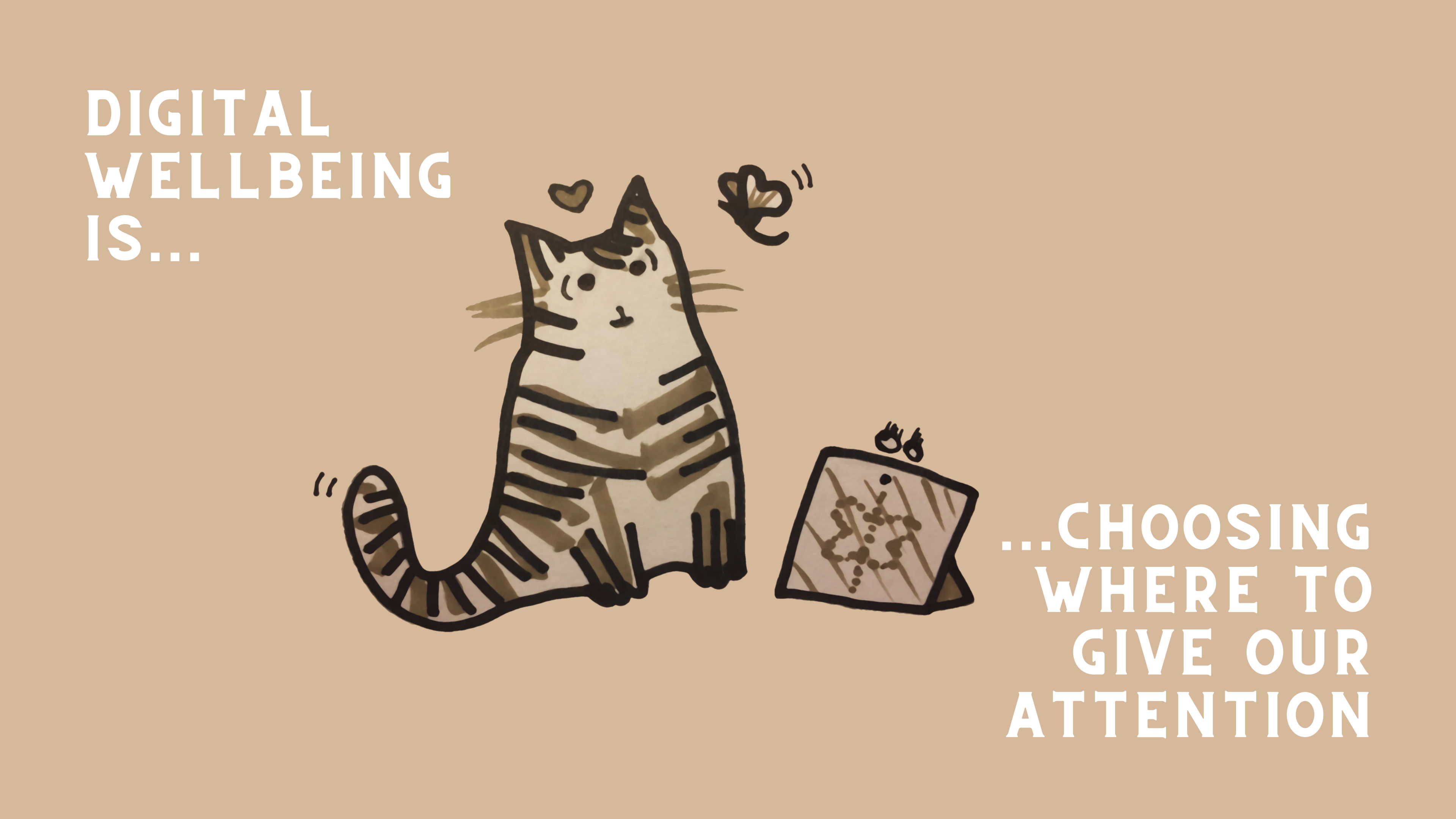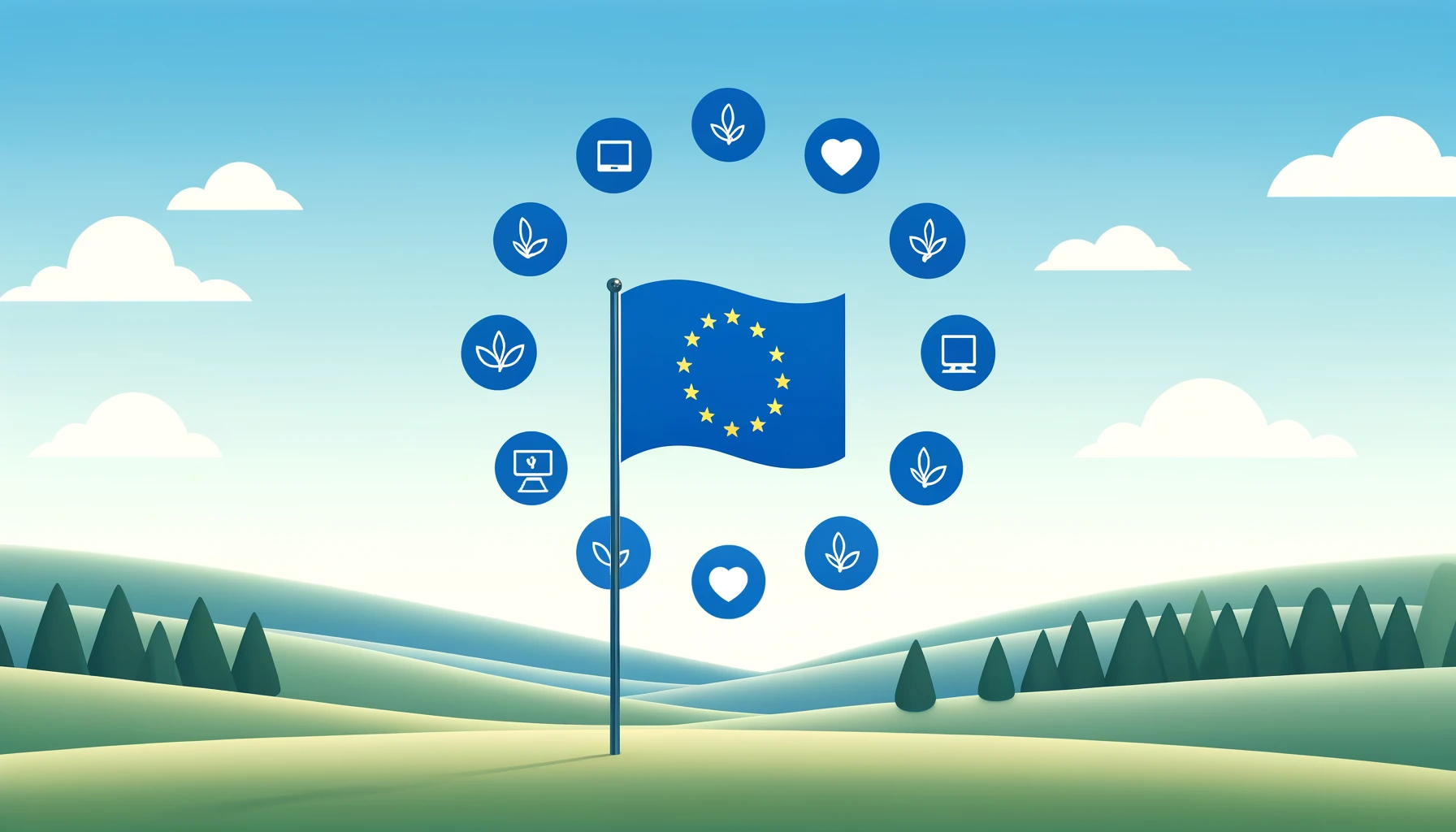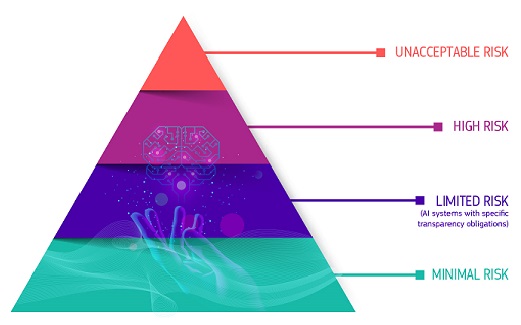I watch a lot of Disney. I can give you a ranking of the (objectively) best Disney films, a history of feminism through its Princesses, and diversity in mainstream characters. I could write you a dissertation on the historical inaccuracies of Pocahontas alone. And don’t get me started on how much Disney hates mothers.
I blame this depth of knowledge and thought about kids’ films on the tiny humans I live with. When we cuddle on the sofa on Film Night, I’m busy working on my doctoral thesis in my head and they stare, glassy eyed, transfixed on the screen, absorbing everything. They internalise the characters, themes and messages of the films. And given the very blurred line between reality and fiction that is characteristic of most small children, the films they watch become a part of their experience. It actually contributes to forming them into adult human beings. As such, I’m mindful about what I let them watch.
The internalisation of stories we hear as children is not a new phenomenon. We know a lot about an Ancient Greek mindset from the Odyssey, for instance. Cinderella is a story that has been told countless times, even before it was published in 1812, and tells us a lot about the necessity for a woman to find a husband before the advent of employment rights and a welfare state. Our stories are not only the lasting legacy of our culture, but also inform its content. And every media message is, in order to be successful, a story. From a news article to an advert, each spins a narrative that relies on the viewer to internalise.
My Grandfather fought in the Second World War as a British soldier. He was also a passionate European, and loved the idea of the European Union. Admittedly, his idea of speaking French was speaking English very loudly, but he was, and seemingly quite usual for his generation, very comfortable with being European. And he loved war films.
As such, and as was typical of my parents’ generation (baby-boomers), my mother watched a lot of war films with her dad. But her father was a storyteller, and who knew what really happened, and explained Ice Cold in Alex having actually been where it was set, and mixing with the people it portrayed. He was, in his way, teaching my mother to be media literate, which might be why she never bought into the narrative that many of her generation have fallen prey to.
Because it was my mother’s generation who voted overwhelmingly for Brexit. If the generation before was the War Generation, hers is the War Film Generation. Who grew up with the fantasy of plucky Brits single-handedly taking on the Nazis and ridding Europe of the scourge of German imperialism. They internalised this narrative as children, and grew up to be… well… voters.
That’s why we hear so many sixty-five year olds saying things like, “we won the War!” as an answer to what happens to British trade policy post-Brexit, as though it is (a) accurate, and (b) relevant. These are the stories they grew up on, that informed their identity, that narrative has become their truth.
Add in the angry young men who are behaving the way angry young men have always behaved, and the ditherers in the middle who have never been taught to tell the difference from false-equivalence to balanced reportage, and you’ve got yourself a 52% majority and a festering political crisis.
Film literacy is a very legitimate part of media literacy. And while explaining the misogynist subtext of Aladdin to a six-year old is something we should all aim to do, we should all be more mindful of the films our children watch. Because children grow up, and then they vote.
Revisiting the films we loved as children ourselves isn’t a bad idea either. Watching the Little Mermaid through adult eyes and you realise that Ariel was a young teenager who had a crush on a man she never met, ran away from home, was exploited by a loan-shark, signed a contract underage in order to undergo magical plastic surgery to please said man, and gave up her voice in the process. And don’t get me started on the trauma of the crab’s musical number in the kitchen while a seafood buffet is being prepared – if that had been a live action human rather than an animated crustacean, it would have been too brutal for even the most hardened of horror-fans.
There we go, I just ruined that cherished childhood memory for you. Or at least, I hope I did, because it proves that we can re-write the narratives that we absorbed as children, and be more mindful of the stories we took to heart when our identities were still forming. This mindful consumption of media, and ongoing critical evaluation about the media we consume and have consumed, is at the root of media literacy, and something we should all aim for.
I watch a lot of Disney. I can give you a ranking of the (objectively) best Disney films, a history of feminism through its Princesses, and diversity in mainstream characters. I could write you a dissertation on the historical inaccuracies of Pocahontas alone. And don’t get me started on how much Disney hates mothers.
I blame this depth of knowledge and thought about kids’ films on the tiny humans I live with. When we cuddle on the sofa on Film Night, I’m busy working on my doctoral thesis in my head and they stare, glassy eyed, transfixed on the screen, absorbing everything. They internalise the characters, themes and messages of the films. And given the very blurred line between reality and fiction that is characteristic of most small children, the films they watch become a part of their experience. It actually contributes to forming them into adult human beings. As such, I’m mindful about what I let them watch.
The internalisation of stories we hear as children is not a new phenomenon. We know a lot about an Ancient Greek mindset from the Odyssey, for instance. Cinderella is a story that has been told countless times, even before it was published in 1812, and tells us a lot about the necessity for a woman to find a husband before the advent of employment rights and a welfare state. Our stories are not only the lasting legacy of our culture, but also inform its content. And every media message is, in order to be successful, a story. From a news article to an advert, each spins a narrative that relies on the viewer to internalise.
My Grandfather fought in the Second World War as a British soldier. He was also a passionate European, and loved the idea of the European Union. Admittedly, his idea of speaking French was speaking English very loudly, but he was, and seemingly quite usual for his generation, very comfortable with being European. And he loved war films.
As such, and as was typical of my parents’ generation (baby-boomers), my mother watched a lot of war films with her dad. But her father was a storyteller, and who knew what really happened, and explained Ice Cold in Alex having actually been where it was set, and mixing with the people it portrayed. He was, in his way, teaching my mother to be media literate, which might be why she never bought into the narrative that many of her generation have fallen prey to.
Because it was my mother’s generation who voted overwhelmingly for Brexit. If the generation before was the War Generation, hers is the War Film Generation. Who grew up with the fantasy of plucky Brits single-handedly taking on the Nazis and ridding Europe of the scourge of German imperialism. They internalised this narrative as children, and grew up to be… well… voters.
That’s why we hear so many sixty-five year olds saying things like, “we won the War!” as an answer to what happens to British trade policy post-Brexit, as though it is (a) accurate, and (b) relevant. These are the stories they grew up on, that informed their identity, that narrative has become their truth.
Add in the angry young men who are behaving the way angry young men have always behaved, and the ditherers in the middle who have never been taught to tell the difference from false-equivalence to balanced reportage, and you’ve got yourself a 52% majority and a festering political crisis.
Film literacy is a very legitimate part of media literacy. And while explaining the misogynist subtext of Aladdin to a six-year old is something we should all aim to do, we should all be more mindful of the films our children watch. Because children grow up, and then they vote.
Revisiting the films we loved as children ourselves isn’t a bad idea either. Watching the Little Mermaid through adult eyes and you realise that Ariel was a young teenager who had a crush on a man she never met, ran away from home, was exploited by a loan-shark, signed a contract underage in order to undergo magical plastic surgery to please said man, and gave up her voice in the process. And don’t get me started on the trauma of the crab’s musical number in the kitchen while a seafood buffet is being prepared – if that had been a live action human rather than an animated crustacean, it would have been too brutal for even the most hardened of horror-fans.
There we go, I just ruined that cherished childhood memory for you. Or at least, I hope I did, because it proves that we can re-write the narratives that we absorbed as children, and be more mindful of the stories we took to heart when our identities were still forming. This mindful consumption of media, and ongoing critical evaluation about the media we consume and have consumed, is at the root of media literacy, and something we should all aim for.
I watch a lot of Disney. I can give you a ranking of the (objectively) best Disney films, a history of feminism through its Princesses, and diversity in mainstream characters. I could write you a dissertation on the historical inaccuracies of Pocahontas alone. And don’t get me started on how much Disney hates mothers.
I blame this depth of knowledge and thought about kids’ films on the tiny humans I live with. When we cuddle on the sofa on Film Night, I’m busy working on my doctoral thesis in my head and they stare, glassy eyed, transfixed on the screen, absorbing everything. They internalise the characters, themes and messages of the films. And given the very blurred line between reality and fiction that is characteristic of most small children, the films they watch become a part of their experience. It actually contributes to forming them into adult human beings. As such, I’m mindful about what I let them watch.
The internalisation of stories we hear as children is not a new phenomenon. We know a lot about an Ancient Greek mindset from the Odyssey, for instance. Cinderella is a story that has been told countless times, even before it was published in 1812, and tells us a lot about the necessity for a woman to find a husband before the advent of employment rights and a welfare state. Our stories are not only the lasting legacy of our culture, but also inform its content. And every media message is, in order to be successful, a story. From a news article to an advert, each spins a narrative that relies on the viewer to internalise.
My Grandfather fought in the Second World War as a British soldier. He was also a passionate European, and loved the idea of the European Union. Admittedly, his idea of speaking French was speaking English very loudly, but he was, and seemingly quite usual for his generation, very comfortable with being European. And he loved war films.
As such, and as was typical of my parents’ generation (baby-boomers), my mother watched a lot of war films with her dad. But her father was a storyteller, and who knew what really happened, and explained Ice Cold in Alex having actually been where it was set, and mixing with the people it portrayed. He was, in his way, teaching my mother to be media literate, which might be why she never bought into the narrative that many of her generation have fallen prey to.
Because it was my mother’s generation who voted overwhelmingly for Brexit. If the generation before was the War Generation, hers is the War Film Generation. Who grew up with the fantasy of plucky Brits single-handedly taking on the Nazis and ridding Europe of the scourge of German imperialism. They internalised this narrative as children, and grew up to be… well… voters.
That’s why we hear so many sixty-five year olds saying things like, “we won the War!” as an answer to what happens to British trade policy post-Brexit, as though it is (a) accurate, and (b) relevant. These are the stories they grew up on, that informed their identity, that narrative has become their truth.
Add in the angry young men who are behaving the way angry young men have always behaved, and the ditherers in the middle who have never been taught to tell the difference from false-equivalence to balanced reportage, and you’ve got yourself a 52% majority and a festering political crisis.
Film literacy is a very legitimate part of media literacy. And while explaining the misogynist subtext of Aladdin to a six-year old is something we should all aim to do, we should all be more mindful of the films our children watch. Because children grow up, and then they vote.
Revisiting the films we loved as children ourselves isn’t a bad idea either. Watching the Little Mermaid through adult eyes and you realise that Ariel was a young teenager who had a crush on a man she never met, ran away from home, was exploited by a loan-shark, signed a contract underage in order to undergo magical plastic surgery to please said man, and gave up her voice in the process. And don’t get me started on the trauma of the crab’s musical number in the kitchen while a seafood buffet is being prepared – if that had been a live action human rather than an animated crustacean, it would have been too brutal for even the most hardened of horror-fans.
There we go, I just ruined that cherished childhood memory for you. Or at least, I hope I did, because it proves that we can re-write the narratives that we absorbed as children, and be more mindful of the stories we took to heart when our identities were still forming. This mindful consumption of media, and ongoing critical evaluation about the media we consume and have consumed, is at the root of media literacy, and something we should all aim for.






















































































































































